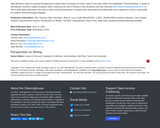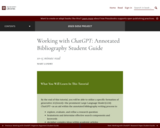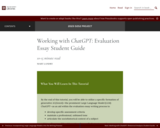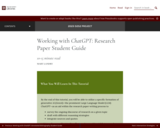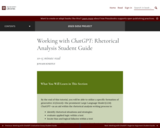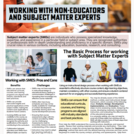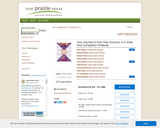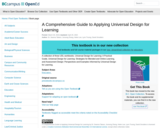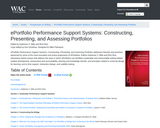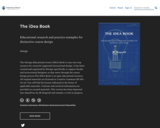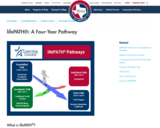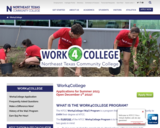
The NTCC Work4College (W4C) Program is a program that allows students the opportunity to EARN their degree at NTCC.
The PURPOSE of the NTCC Work4College Program is to help students earn their degree with two goals in mind:
1. To give every student the opportunity to attend college without acquiring debt.
2. To provide a hands-on learning experience in a meaningful work area allowing students to earn while they learn.
The MISSION of the NTCC Work4College Program is to instill each student with qualities they will rely on for the rest of their lives while also helping them to earn a debt free education. Those positive attributes include a strong work ethic, time management, fiscal responsibility, interpersonal skills, and knowledge of other things expected of them in the workplace. These are all a part of the student’s learning experience in the NTCC Work4College Program.
UPCOMING PLANNED CHANGES: Currently the program is offered during the summer on our campus. We have recently been offering the program to students on high school campuses who want to take dual credit classes. We plan on expanding this from two high school campuses to all campuses in our service delivery area (11). We also planning eventually offering this program in the fall and spring, instead of just in the summer.
DELIVERY FORMAT: The program is in-person only.
PROGRAM SCALE: Medium-scale (reaches between 10 and 25 percent of its target population)
APPROXIMATE PARTICIPANTS SERVED IN 2021-22: 324
HOW TO ENROLL: Participants must apply to enroll in this program
WEBSITE TO APPLY: www.work4college.com
DEPARTMENT(S) OVERSEEING PROGRAM: Advancement
CONTACT FOR MORE INFO: Jon McCullough at jmccullough@ntcc.edu or 9034348115
- Subject:
- Education
- Higher Education
- Material Type:
- Lesson
- Provider:
- Northeast Texas Community College
- Date Added:
- 07/08/2022
